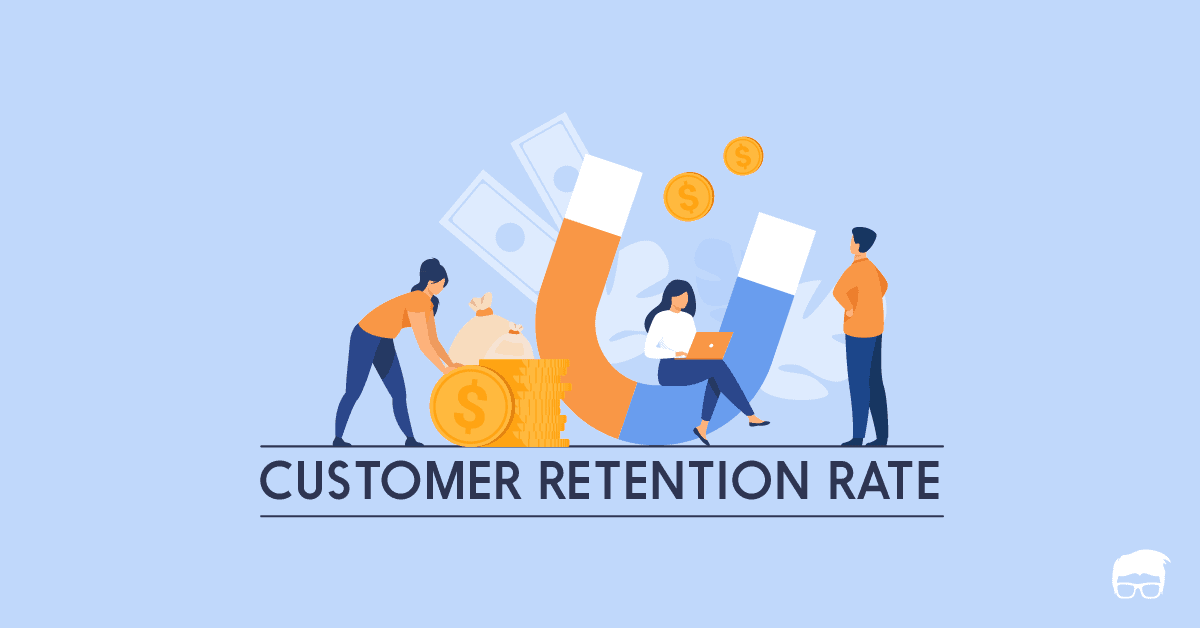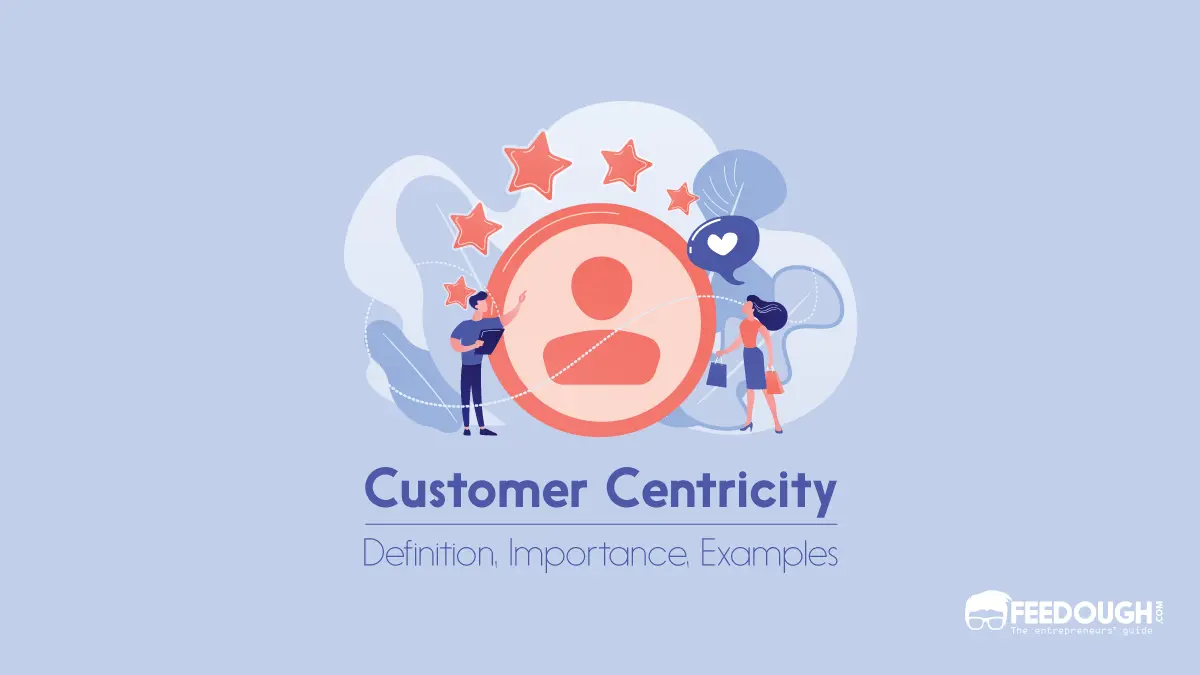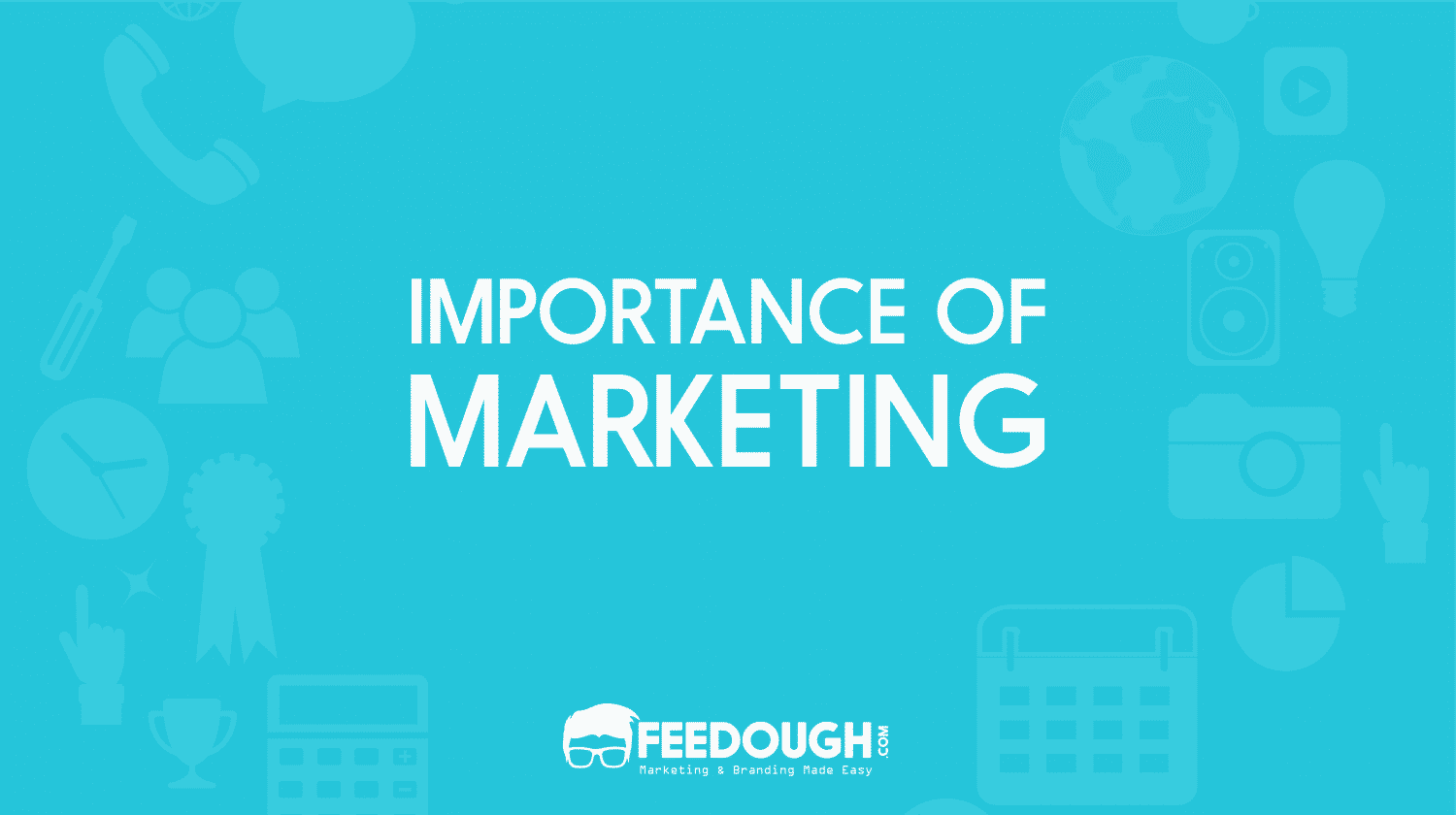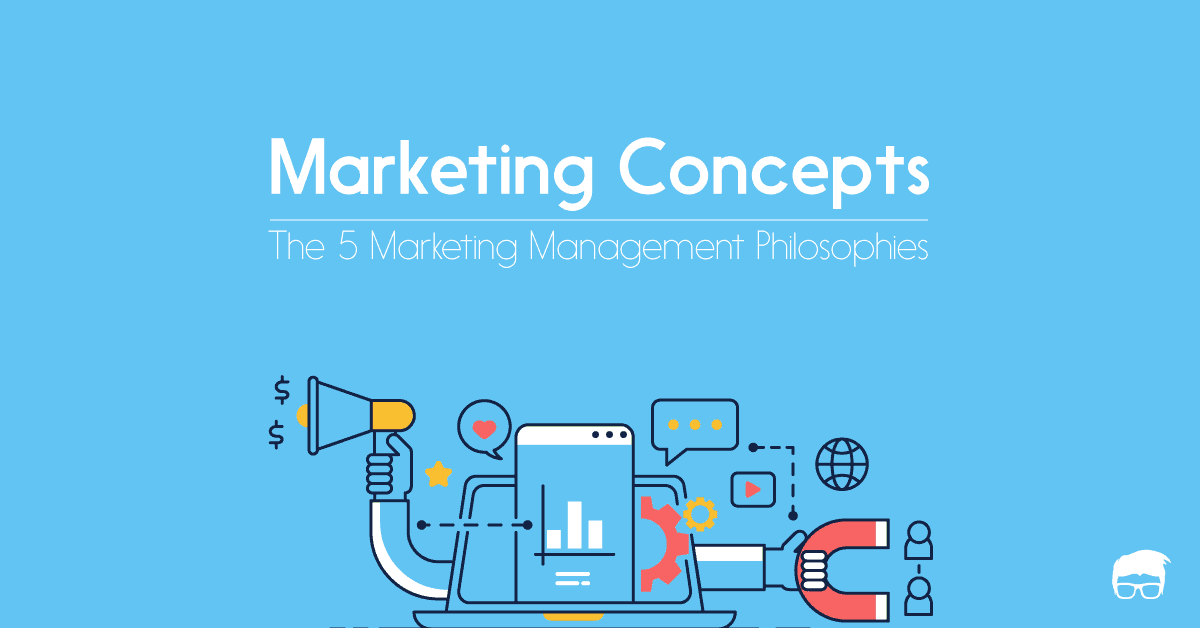Thanks to the ever-increasing competition, wooing customers is now a fact of marketer’s life. They make sure that they acquire new customers effectively and efficiently, make the existing customers stay, and convert the low-profit customers more profitable. All this is done with the help of customer relationship management.
What Is Customer Relationship Management?
As the name suggests, customer relationship management (CRM) refers to the practices, strategies, and technologies used by the marketers to manage the company’s relationship with the customers and to get higher profits through customer satisfaction and customer loyalty. According to Kotler:
Customer Relationship Management (CRM) is the process of carefully managing detailed information about individual customers and all customer “touch points” to maximize customer loyalty.
In simple words, CRM is how you make use of the customer data to meet the needs of your existing customers better and identify and serve new customers to earn more profits for your efforts.
CRM has following building blocks:
- A CRM database to collect the customer information.
- Using technological intelligence to analyze the information.
- A strategy to capitalize on all the customers’ needs and the touchpoints to identify potential customers.
- Collecting data to ensure the strategy is effective.
Customer Relationship Management Examples
CRM refers to the data-centric holistic approach that the company takes to manage its relationship with the customers. For a hotel company, the available touch points include reservation (website, application, text messaging, third-party portals), check-in, check-out, frequent-stay programs, room service, business service, exercise facilities, laundry service, restaurants, bars, online and offline follow-ups, emergency services/phone numbers, cab services, etc. The company makes use of all these touch points with the help of their well-trained staff who offer personalized service to the customers. These may include remembering the name of the customer, calling them after their stay just to know about their experience, giving them discounts for their next visit, offering them enhanced services (like spa) for their next visit at a discount, etc.
Some websites/blogs analyze your interests in the published topics and send you personalized newsletters consisting of articles and posts of your interest. Moreover, they even suggest more relevant articles when you’re on their website. This reduces their bounce rate as you get what interests you.
Another great example of CRM is the specially designed postpaid/prepaid plans offered by your telecom operator. They make use of your usage data and design special plans just to increase your satisfaction and to make you loyal to their brand.
CRM not only helps to retain the existing customers but leads to increased word of mouth marketing as well.
CRM Objective
The objective of CRM is to build customer equity and help the company make profits in the long run. Customer equity is the value of potential future revenue generated by the company from a customer in his lifetime.
Marketers use customer relationship management marketing to provide better, more customized and personal service to the customers to enhance customer satisfaction and make them loyal to the company. CRM analysts are employed to develop data warehouses and use data mining techniques for the same.
Importance Of CRM
Besides the simple fact that in this competitive environment a company has to make use of customer data to satisfy their customers’ needs better and to retain them, here are few points to explain the importance of customer relationship management:
Increasing Customer Perceived Value
Customer perceived value is customer’s perception of the benefit received as compared to the cost paid by him. CRM focuses on one-to-one marketing and increasing the value of the customer base by forming relationships which increase the customer perceived value which eventually increases the customer equity.
Reducing The Rate Of Customer Defection
Customer Relationship Managers select and train employees to be knowledgeable, friendly, and smart enough to interact with the customers effectively and satisfactorily by using customer’s data. This strategy of wooing customers using their own data reduces customer attrition.
Better Customer Oriented Strategies
When you know about the customers, you develop better strategies to woo, attract, and retain them.
Long-Term Relationships
The more involved a customer is with the company, the more likely he is to stick around. Some companies treat their customers as partners, some provide special status to their old customers, while some ask for their advice while building new products or designing new services. All these practices work in the favour of the companies and make the customers stay for long.
Competitive Advantage
CRM helps in providing better service to the customers and developing effective relationships. It involves a holistic approach where all the departments from manufacturing to marketing to services know about the customers and help to design a 360-degree strategy revolving around the customer. This definitely gives the company a competitive advantage when it comes to existing customers.
Making Low-Profit Customers More Profitable
CRM helps managers to separate low-profit customers from more-profit customers and also help them develop strategies to convert low-profit customers more profitable. Banks, telecom operators, and travel companies use this strategy effectively on a regular basis.
Who is A Customer Relationship Manager?
A customer relationship manager is someone who is responsible to maintain long and healthy relationships with the existing customers. He analyzes and uses the pool of data effectively to form strategies to increase the longevity of the customer relationship, address existing customers’ queries and complaints, make low-profit customers more profitable, etc.
What Is A CRM System?
A CRM system is a (software) tool which helps you to save and keep the business relationship data up to date. It can be an automated spreadsheet, or a well designed and customized tool for your business need.
It is the central place where all the data of your customers are stored and can be retrieved from. A customer relationship management system has many advantages over storing information offline and on simple spreadsheets. The software records your every interaction with the customer and updates the records so you never miss anything. It can also be configured to send alerts and reminders as an when needed.
A customer relationship manager can easily segregate customers and form different strategies for customers fulfilling different prerequisites.
Go On, Tell Us What You Think!
Did we miss something? Come on! Tell us what you think about our article on customer relationship management (CRM) in the comments section.
A startup consultant, digital marketer, traveller, and philomath. Aashish has worked with over 20 startups and successfully helped them ideate, raise money, and succeed. When not working, he can be found hiking, camping, and stargazing.
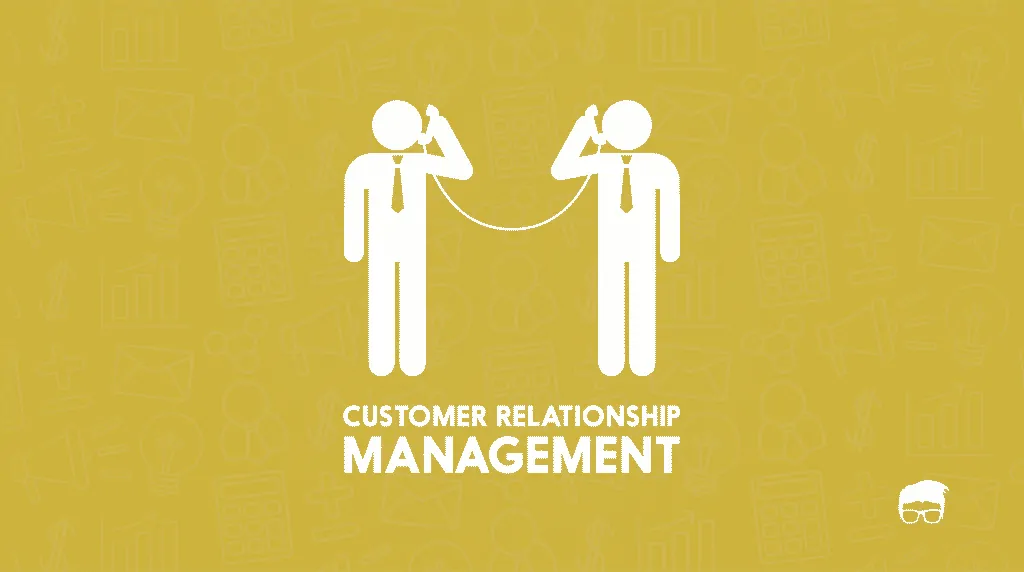
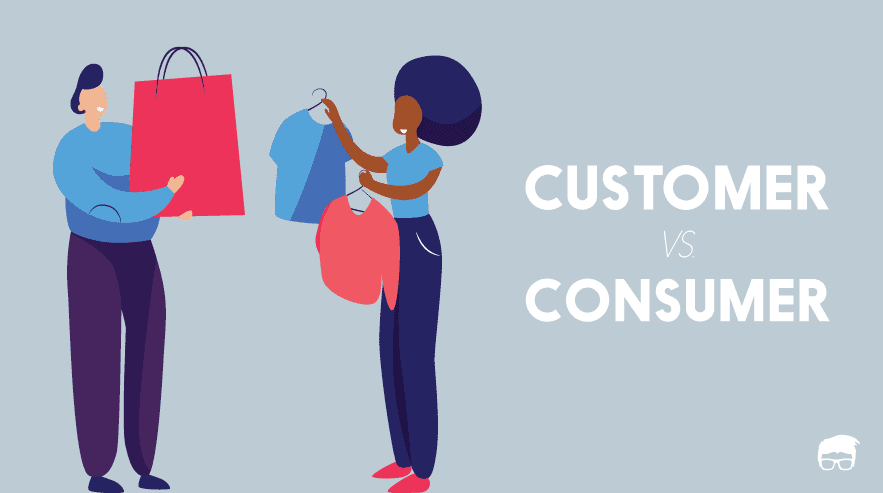
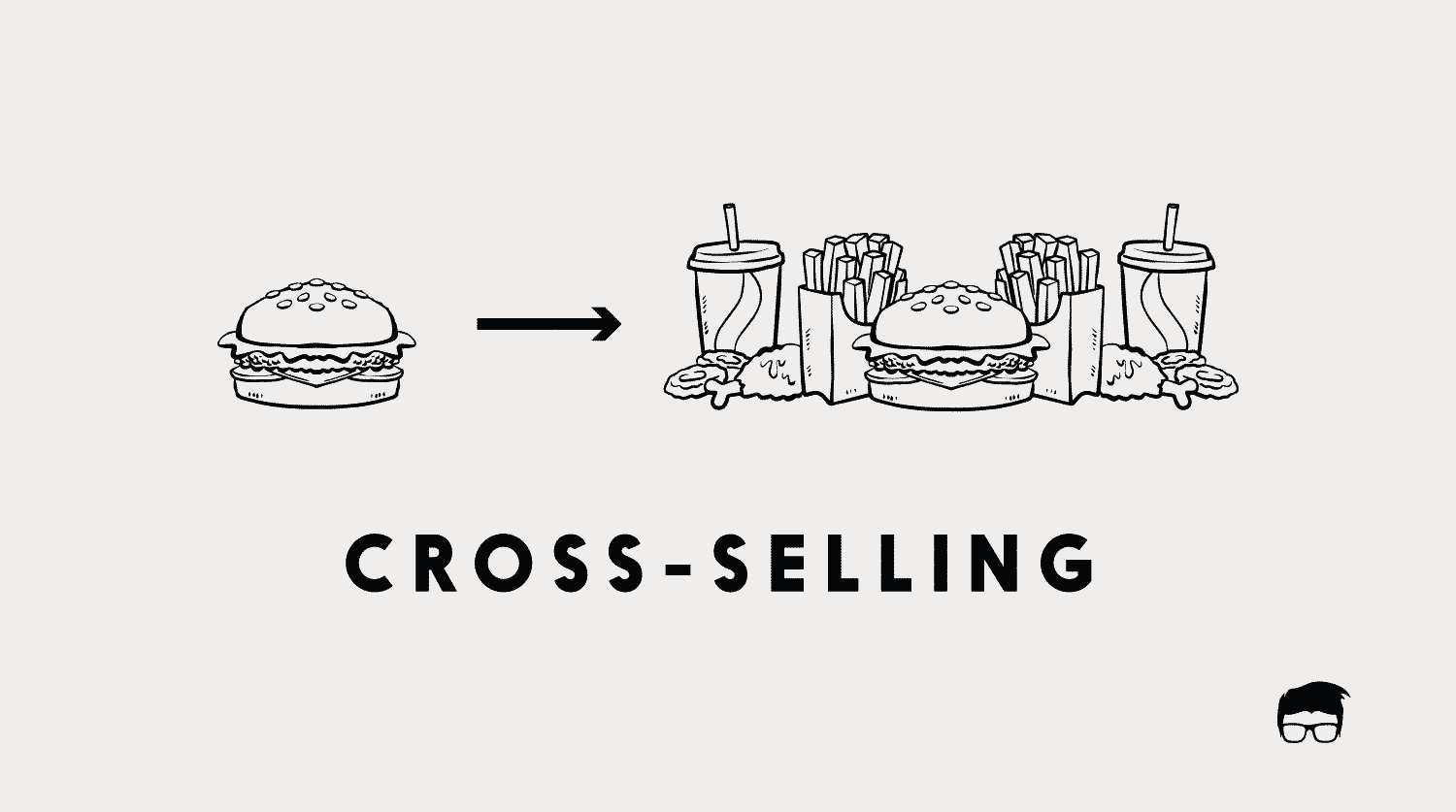
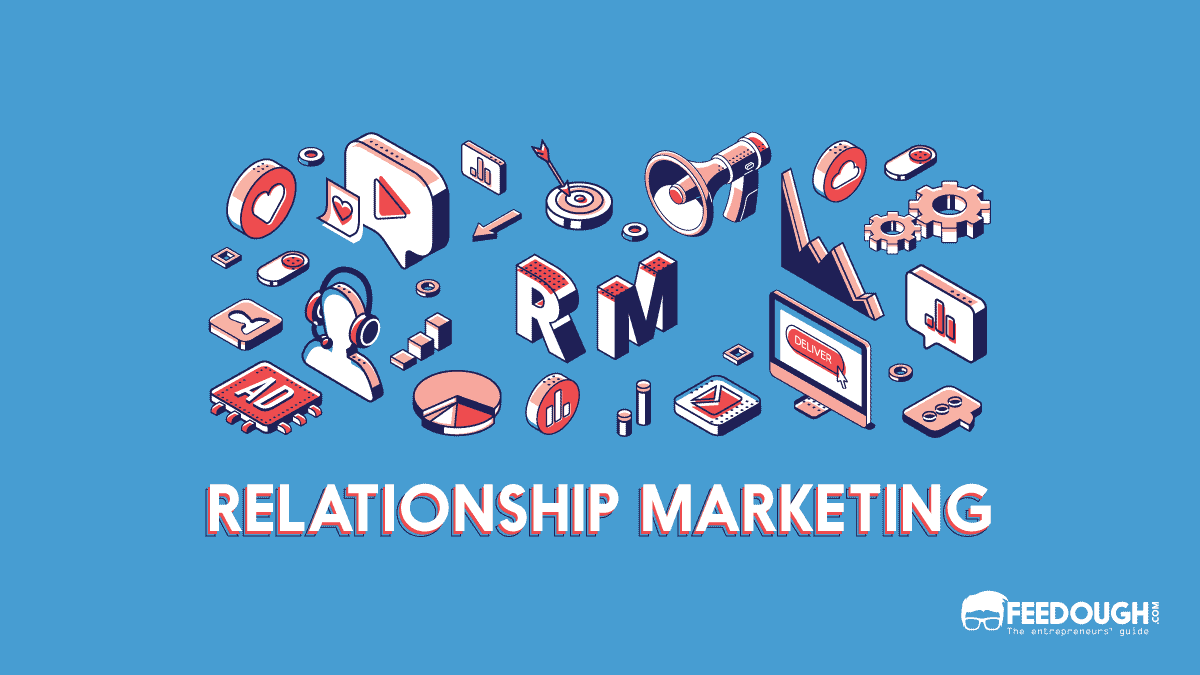
![What Is Upselling? How To Upsell? [Detailed Guide] UPSELLING](https://www.feedough.com/wp-content/uploads/2018/05/UPSELLING-20.webp)
